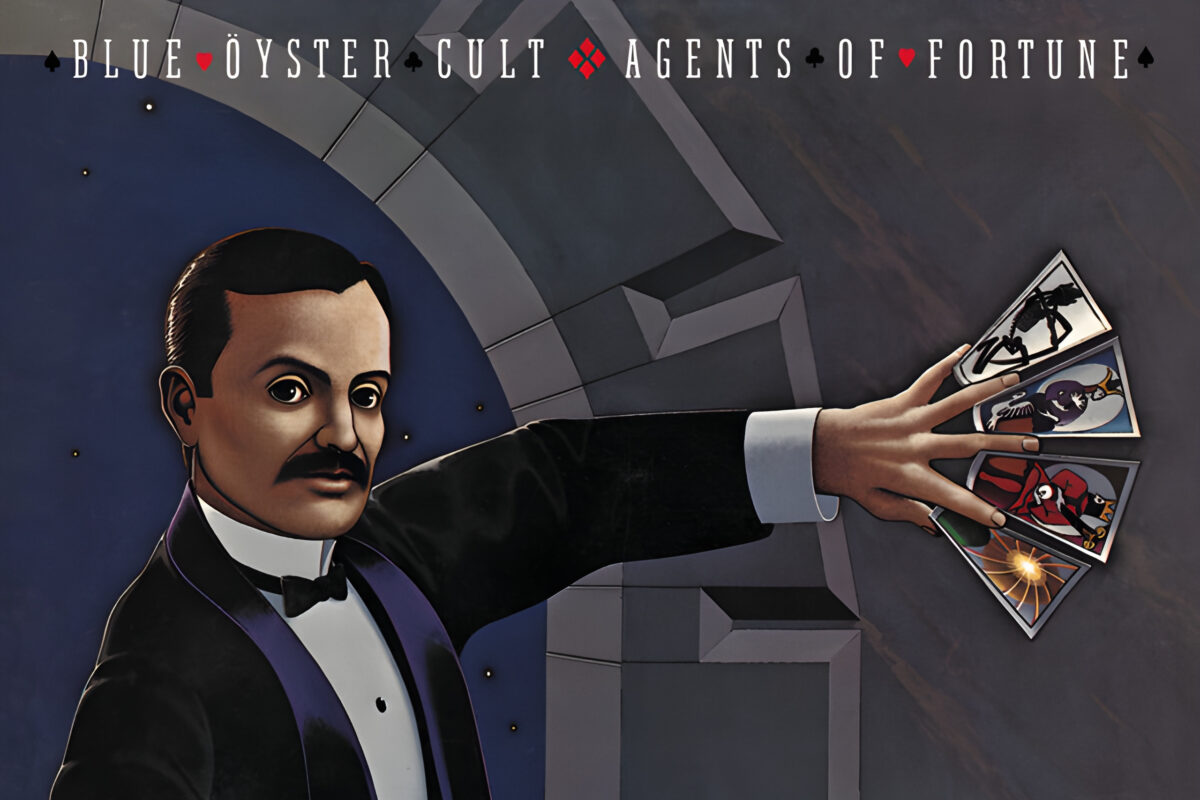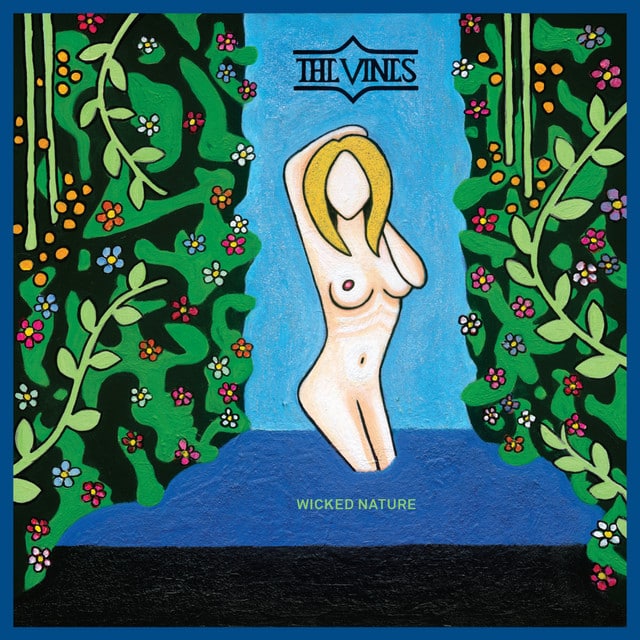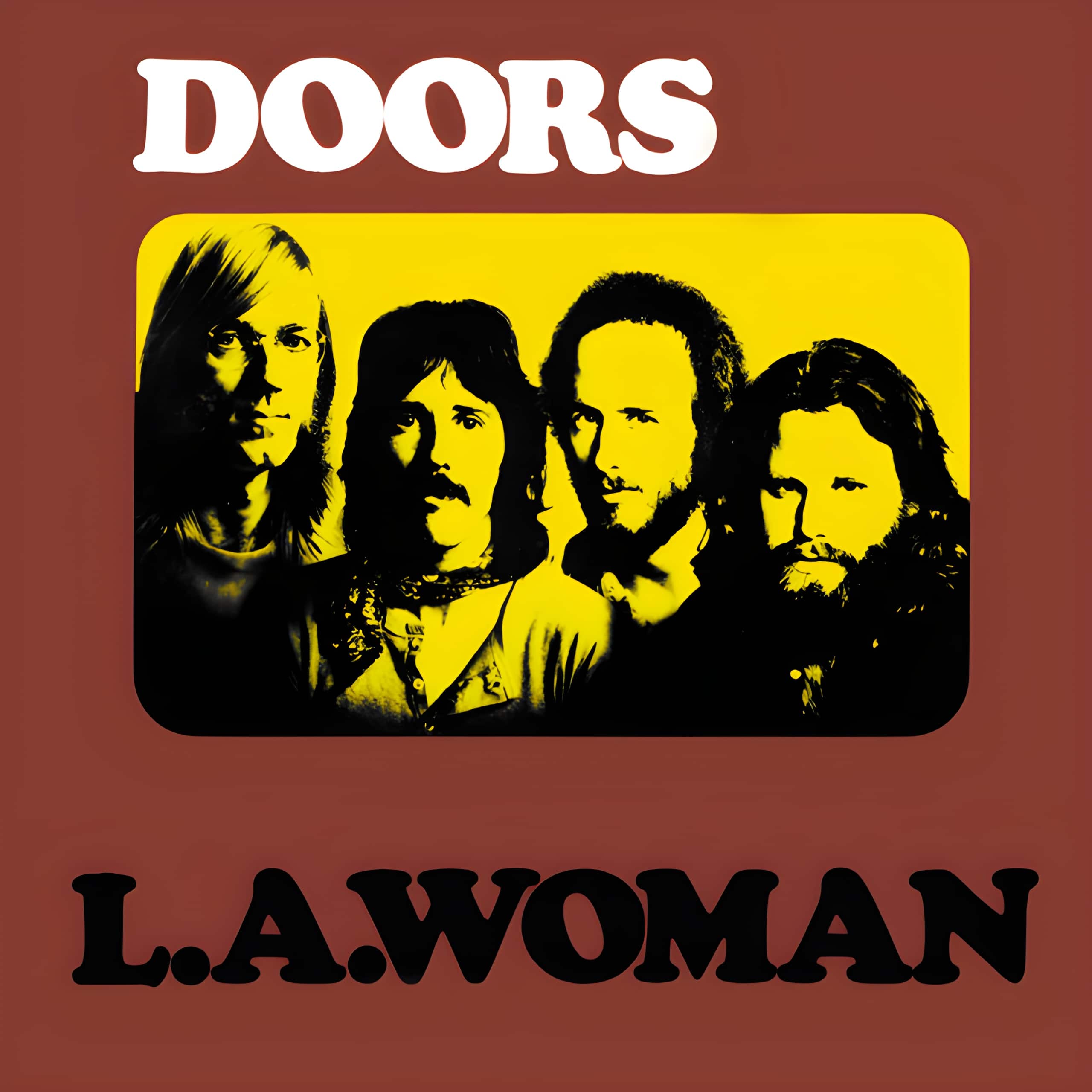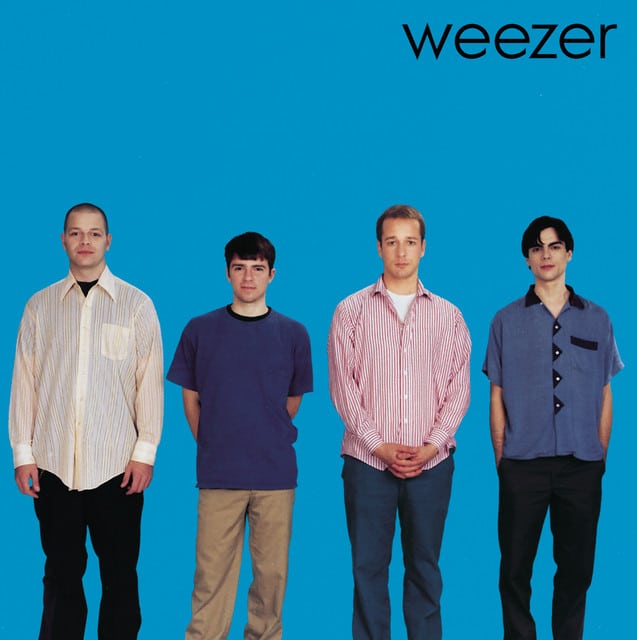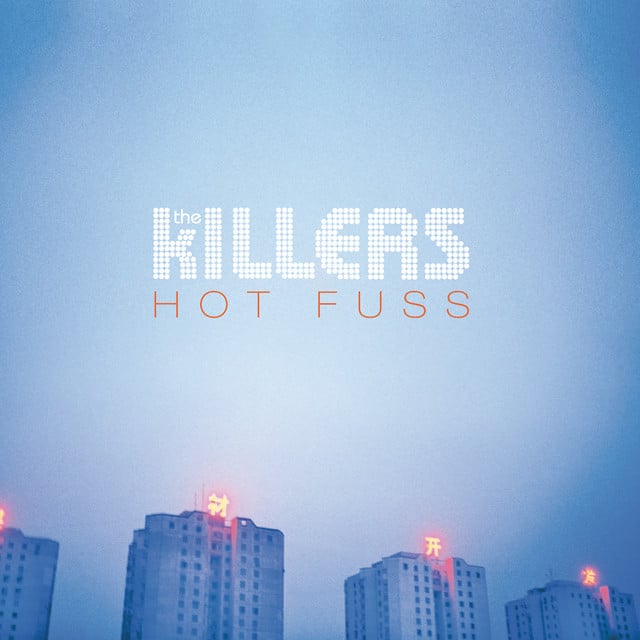Released: 1976
‘Don’t Fear The Reaper’ by Blue Öyster Cult is a classic rock song that explores themes of love, death, and the fear of the unknown. It suggests that death is not something to be feared, but rather a natural part of life and a gateway to eternity.
The opening lines ‘All our times have come / Here, but now they’re gone’ set the tone for the song, introducing the concept of mortality and the fleeting nature of life. The line ‘Seasons don’t fear the reaper’ is a metaphor suggesting that just as seasons naturally transition, so too should we accept the inevitability of death.
The repeated phrase ‘Don’t fear the reaper’ serves as a comforting mantra, urging the listener to embrace rather than fear the end of life. The lyrics ‘We’ll be able to fly / Don’t fear the reaper / Baby, I’m your man’ suggest a romanticized vision of death, where love transcends mortality.
The verse ‘Valentine is done / Here, but now they’re gone / Romeo and Juliet / Are together in eternity’ references the tragic Shakespearean lovers, Romeo and Juliet. This analogy emphasizes the theme of love enduring beyond death, suggesting that in death, lovers can be united forever.
The line ‘40,000 men and women every day / Redefine happiness’ is a stark reminder of the scale of death, yet it also hints at the possibility of finding a new form of happiness or peace in the afterlife.
The final verse ‘Love of two is one / Here, but now they’re gone / Came the last night of sadness / And it was clear she couldn’t go on’ tells a story of a woman who chooses to join her lover in death. The lyrics ‘Then the door was open, and the wind appeared / The candles blew, and then disappeared / The curtains flew, and then he appeared’ paint a vivid picture of her crossing over to the other side, reinforcing the song’s message of death as a journey to be embraced, not feared.
